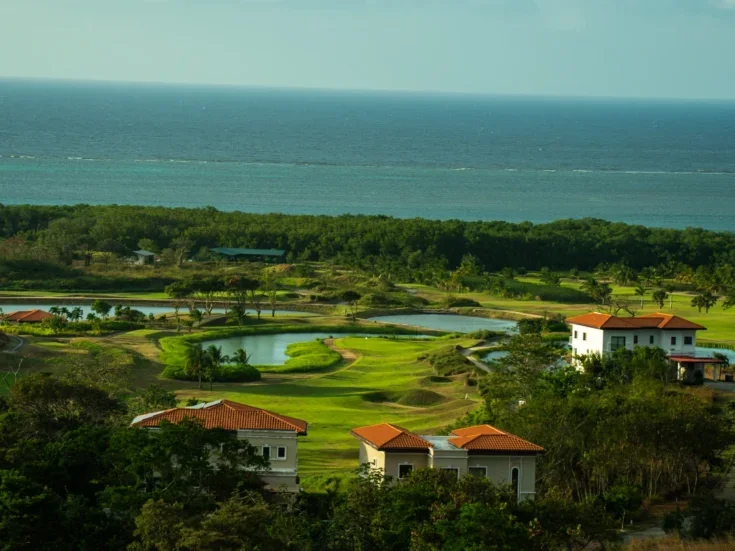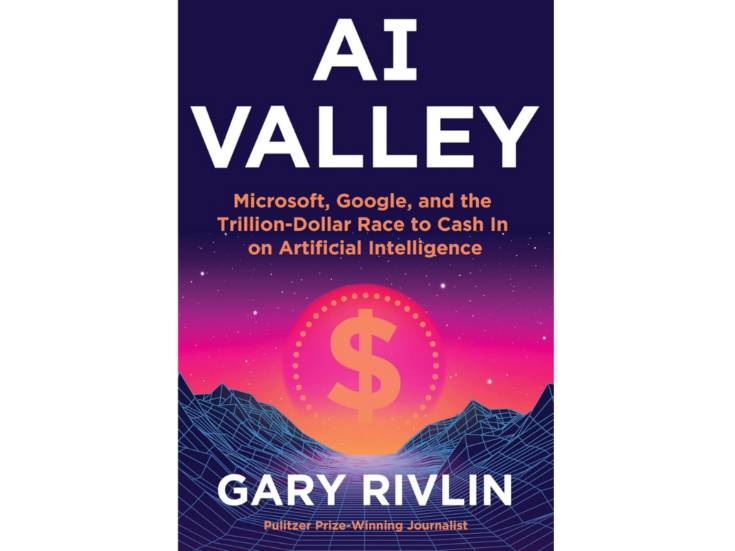The barriers erected by the wealthy to concel their assets render the Sunday Times estimates ‘fanciful’ says an anonymous rich list researcher
Big kudos to Philip Beresford for editing his 25th Rich List. But according to a competitor, the barriers erected by the wealthy to conceal their assets render the Sunday Times estimates ‘fanciful’.
‘An obvious place to start when writing rich lists is the wealth owners themselves,’ says the insider who has published features like Beresford’s before. ‘However, there are two reasons that doesn’t work.
‘First, modesty. As rich lists become more high profile, their subjects are more likely to be hassled by charities, wealth managers, private banks, politicians and neighbours, and so hard-working entrepreneurs or hedge fund managers downplay their wealth in order to avoid unwanted attention.
‘Second, approaching the wealthy for figures doesn’t work because of ego. You need only look at Prince Alwaleed Bin Talal’s publicly traded Kingdom Holding which, according to Forbes, rises and falls based on factors that, coincidentally, seem more tied to the Forbes billionaires list than fundamentals.’

Offshore structures, the researcher continues, further confuse things.
‘One of the main obstacles to finding out how much of a company someone owns are offshore accounts. You know you’ve hit a brick wall when you read in an annual report that “XYZ Company (Guernsey) is affiliated with the family of Board Director X”.
‘Broadly speaking, it depends on geography. Most European and North American countries are pretty transparent when it comes to addresses, company directorships, etc.
‘But as soon as you start going east – to the Middle East and the former Soviet Block – it becomes almost impossible to find out who owns what.
‘China is now the puzzle in all rich lists – we are all told that billionaires are appearing in every city, but without transparency or web info, it is almost impossible to know who they are.’
And then, of course, there’s who to profile, adds the researcher.
‘A modern feature of the wealthy is that nobody really knows where they live. This becomes incredibly problematic when setting the parameters of rich lists.
‘London is a prime example – everybody sees the city’s wealth swelling during the summer when the Arabs and Russians come to town, but do you include them in a London rich list when you don’t know how much time they spend in the city? And how do you even know who they are when the Chinese buy in cash and the Russians are wreathed in security?
‘Additionally, many rich lists are compiled by family wealth such as “John Smith and family”. This is because the author doesn’t know how wealthy each member of the family is – who’s to say that the parents aren’t pledging their entire wealth to charity, leaving nothing for their children?
‘Inheritors are, as it happens, the hardest category to estimate. It’s impossible to know how much somebody has inherited; if the heir has just been given a large chunk of cash then who’s to know how they have fritted it away.’
With all these obstacles in mind, it’s no wonder Philip Beresford joked on his Twitter feed this morning that he had not been assassinated by angry Russian — yet.
Read more on the Sunday Times Rich List







